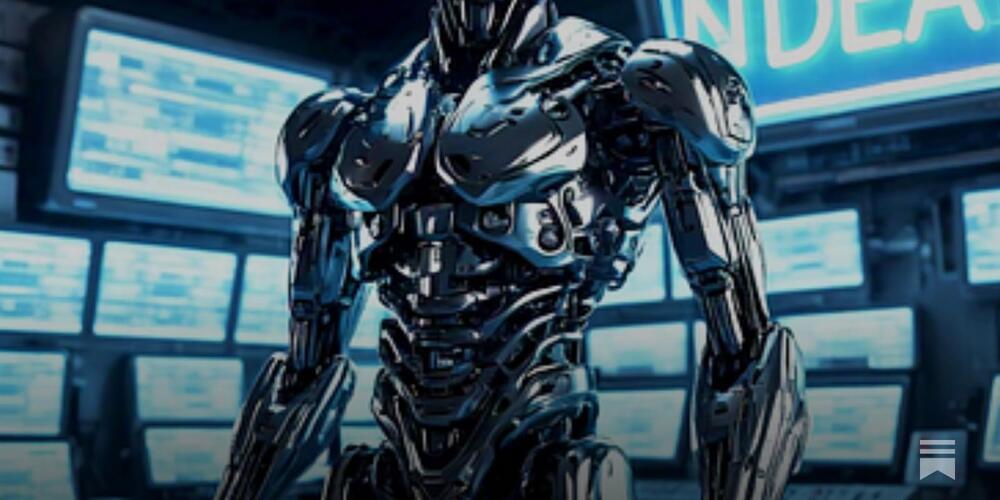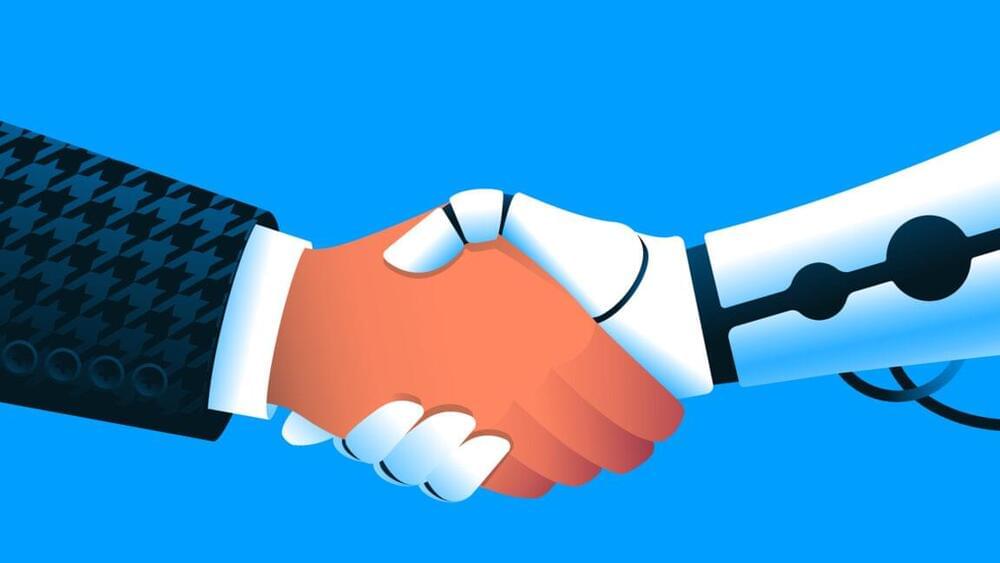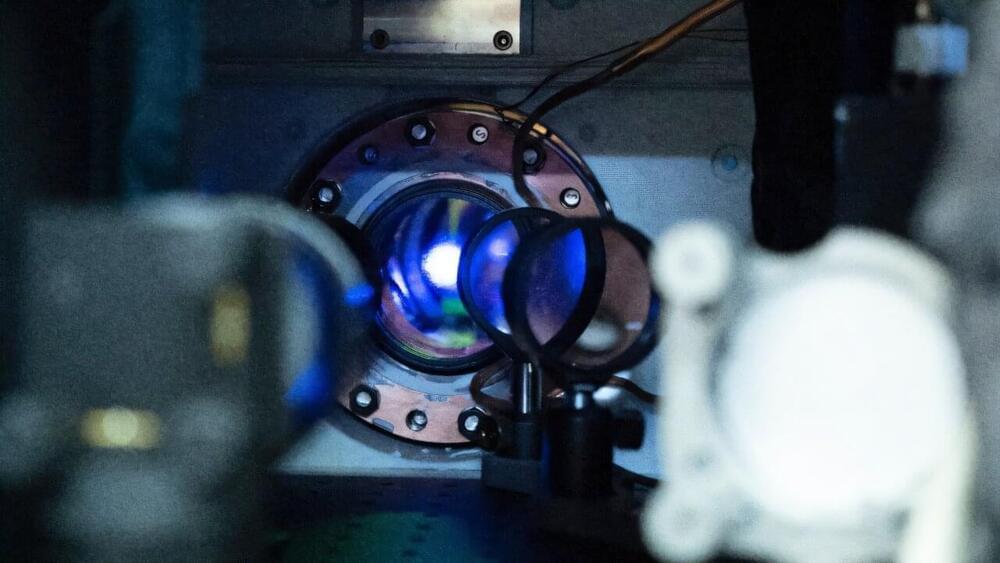In today’s AI news, François Chollet, an influential AI researcher, is launching a new startup that aims to build frontier AI systems with novel designs. The startup, Ndea, will consist of an AI research and science lab. It’s looking to “develop and operationalize” AGI. It’s a goalpost for many AI companies …
In other advancements, San Francisco-based Luma released Ray2, its newest video AI generation model, available now through its Dream Machine website and mobile apps for paying subscribers (to start). The model offers “fast, natural coherent motion and physics,” according to CEO Amit Jain.
And, Microsoft has been positioning Copilot as the “UI for AI.” Now, as the next step in this work, it is launching Microsoft 365 Copilot Chat — a rebranded version of its free AI chat experience for businesses, enhanced with agentic capabilities.
Meanwhile, the World Economic Forum surveyed 1,000 global employers, who collectively employ more than 14.1 million workers across 22 industries, for its Future of Jobs report—and it found that 41% of bosses think they’ll need to reduce their workforce in the next five years. Why? Because they predict there will be a pool of workers whose skills or roles become obsolete thanks to AI.
S. Get a guide to the concept of agents and multi-agent frameworks, and learn how to build complex AI applications that can drive business value. ” + s next in AI. ” + And, to kick off Possible’s fourth season, Reid and Aria sit down with world-renowned computer scientist Dr. Fei-Fei Li, whose work in artificial intelligence over the past several decades has earned her the nickname “the godmother of AI.” An entrepreneur and professor, Fei-Fei shares her journey …
We close out with Professor Yoshua Bengio is a pioneer in deep learning and Turing Award winner. Bengio talks about AI safety, why goal-seeking “agentic” AIs might be dangerous, and his vision for building powerful AI tools without giving them agency.
Thats all for today, however new advancements, investments, and partnerships are happening as you read this. AI is moving fast, subscribe today to stay informed.






